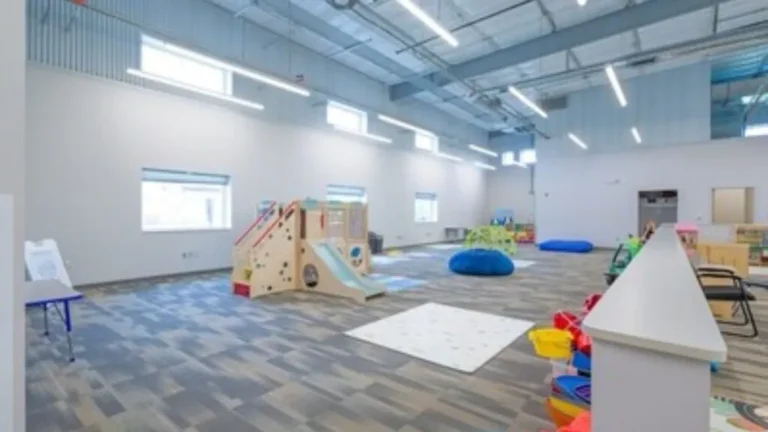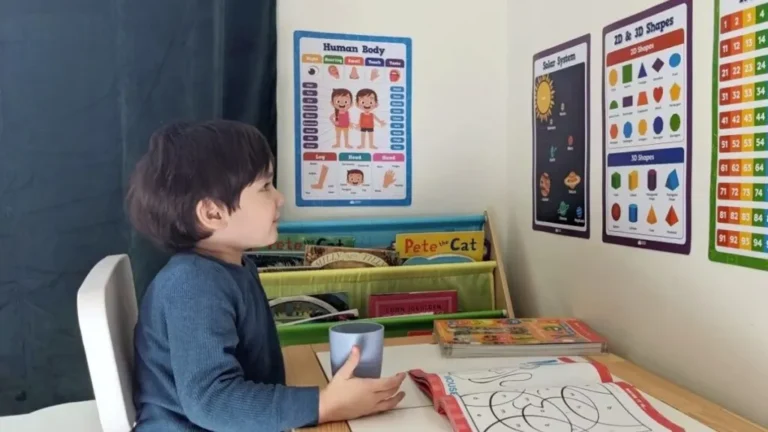Golden Care Blog
Welcome to the Golden Care Therapy Blog—your go-to source for evidence-based insights and practical tips on autism and ABA therapy. Explore the latest research, hands-on strategies, and expert guidance designed to help your child thrive at home, in school, and beyond.

The Implications of High Masking in Women with Autism
Masking in autism refers to the conscious or unconscious effort made by individuals, particularly women,

Impact of Medicaid ABA Cuts on Indiana’s Autism Community
Families of children with autism in Indiana are confronting alarming challenges following the announcement of

Understanding Selective Mutism in ASD
Selective mutism is classified as an anxiety disorder in the DSM-5, which was released in 2013.

When Was Autism Identified?
Autism is a term that’s now widely recognized, often appearing in conversations about child development, education,

Exploring Medication Options for Children with Asperger’s Syndrome
Certain types of medications can assist in managing severe symptoms associated with Asperger’s syndrome or related conditions.

A Guide to Functional Communication Training in ABA
Functional Communication Training (FCT) is a widely recognized intervention used in ABA therapy that effectively addresses severe

How Home Education Helps Autistic Children Thrive
Home education, often referred to as homeschooling, has become an increasingly popular option for families

A Look at the Effectiveness of ABA Therapy for Teens
Applied Behavior Analysis (ABA) therapy is a scientific approach aimed at understanding and improving specific behaviors,

What You Should Know About Screaming Fits in Autistic Kids
Screaming fits in autistic children are a common, yet often misunderstood, behavior. These intense outbursts
Get in Touch Today
If you’re looking for compassionate ABA therapy and a team that truly cares, we’re here for you. Let’s walk this journey together, one small success at a time.
We’re ready when you are.
